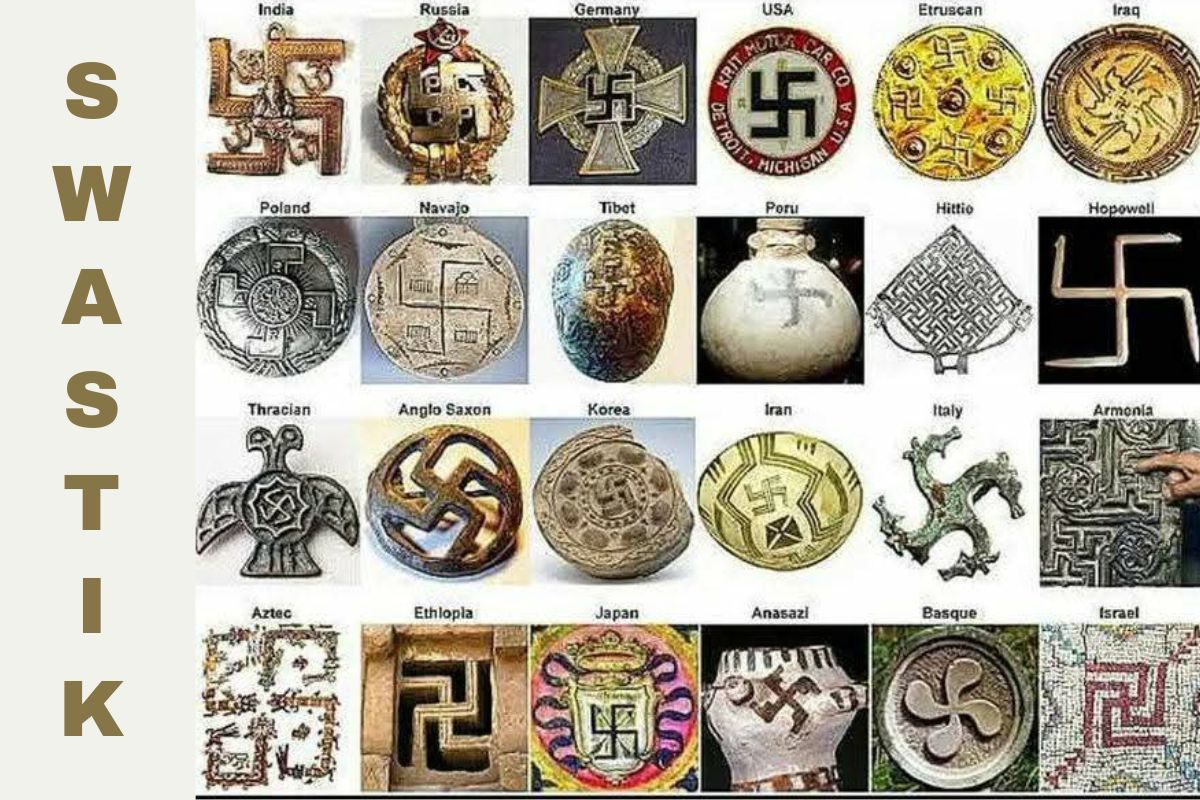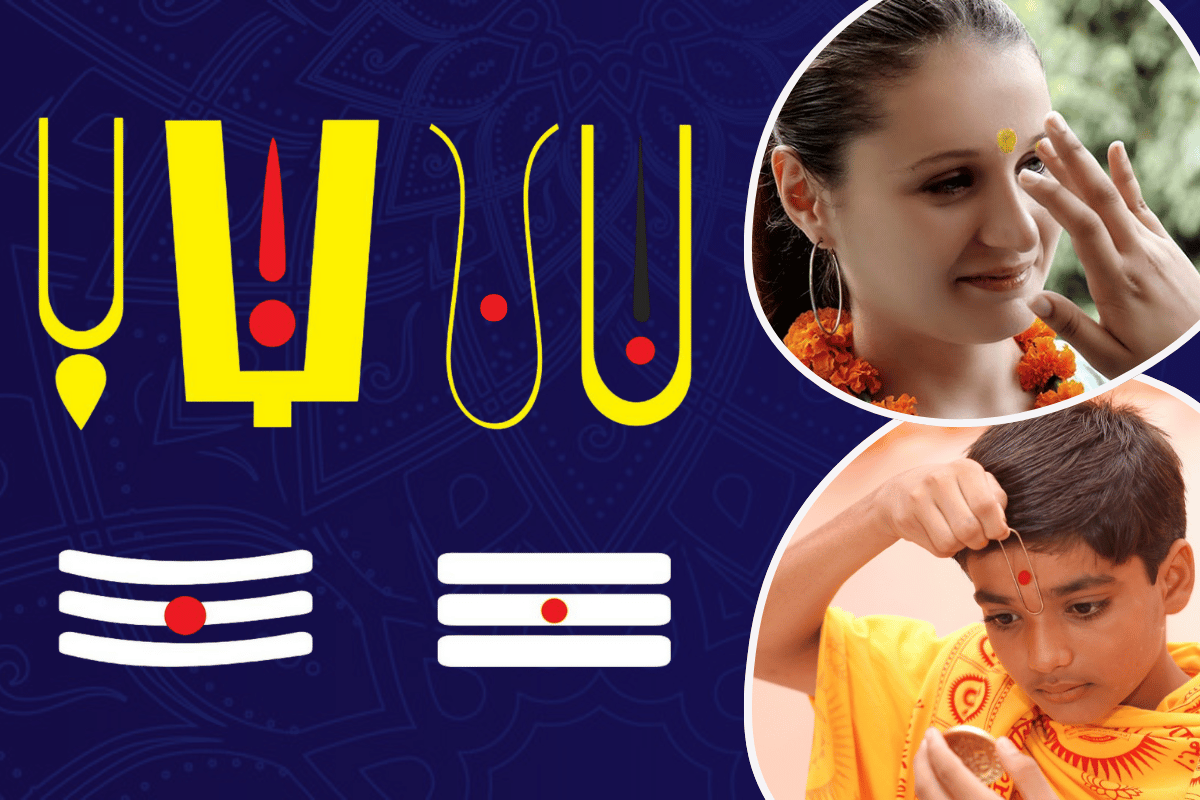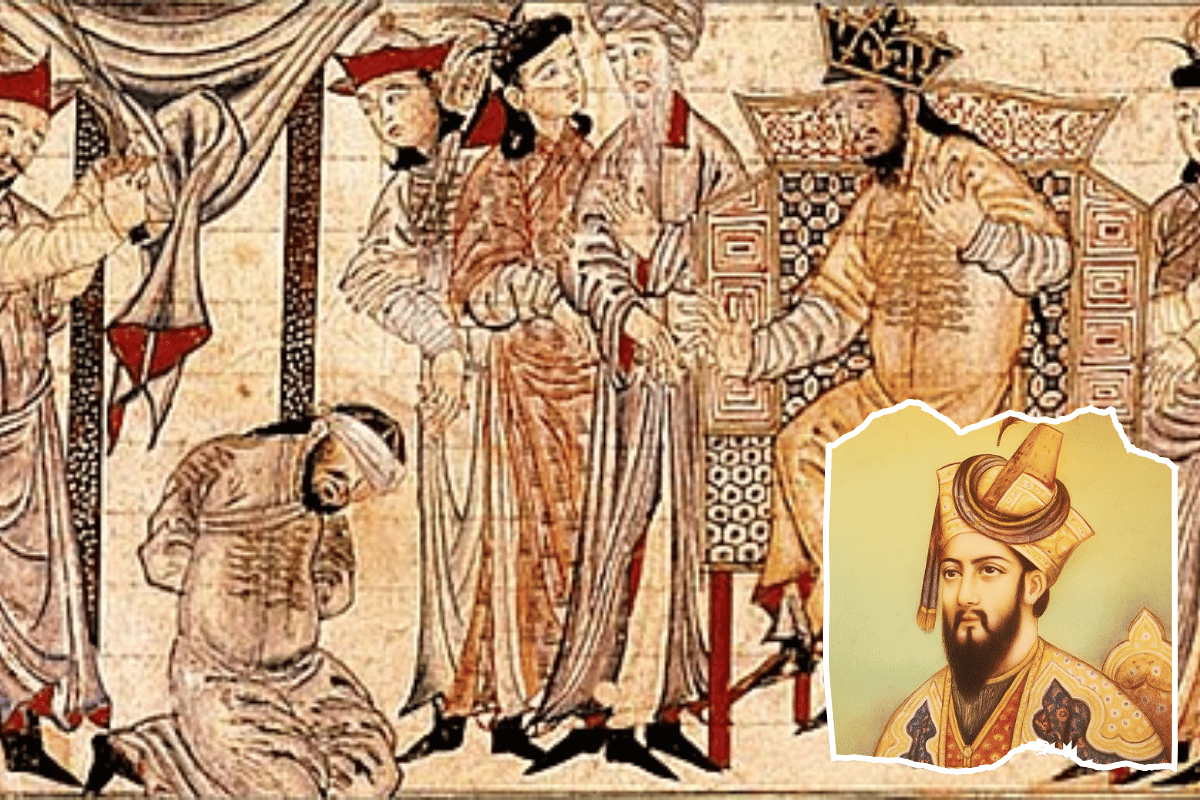
Deepāvali, or Diwālī is one of the most important festivals that is celebrated by Hindus, Jains, Buddhists, and Sikhs across the globe. It is commonly known as the festival of lights, but it goes far beyond just that. Deep means “light” and āvali “a row/garland” to become “a row/garland of lights”. Light symbolises “Knowledge”, as light removes darkness, knowledge removes “ignorance”. Diwālī signifies winning over the lower nature in us by lighting up the lamp of knowledge, wisdom, and beauty in ourselves.

However, Diwali is much more than the “festival of lights”. Diwālī celebrates the victory of good over evil. From darkness unto light – the light empowers us to commit ourselves to good deeds and brings us close to divinity. It is a time to celebrate the triumph of light over darkness, knowledge over ignorance, and good over evil.
The festival is celebrated for five days and is marked by Pūjā, feasts, fireworks, lighting, family gatherings, and charitable works. The festivities start on the trayodaśī (13th) day of kṛṣṇa paksha (first fortnight) Hindu Month Kārtika by celebrating “Dhanteras”, followed by “Narak Cāturdaśī”, main “Diwālī” on amāvasya (new moon day), “Govardhan Pūjā” on prathama tithi of Shukla Paksha and Bhai Dūj on the Dwitiyā.
In the larger part of India, Diwālī commemorates Bhagwān Rāma’s triumphant return to his kingdom Ayodhya upon completing 14 years of exile, and the rescue of his consort Goddess Sītā, an incarnation of the Goddess Lakshmi, who had been kidnapped by the demon king Rāvaṇa.
In some parts of India, Diwālī celebrates the victory of Bhagwān Kṛṣṇa over the demon king Narakāsura, who had imprisoned 16,000 women in his palace and severely punished his subjects who dared stand up against him.
For Sikhs, Diwālī is the celebration of the release of their guru Hargobind after 12 years of imprisonment by Mughal emperor Jehangir. While Jains, observe Diwālī as the day that Bhagwān Mahāvīr, the last of the great Jain gurus, reached Nirvāṇa.
Diwālī celebrations start on the trayodaśī (13th) day of kṛṣṇa paksha (first fortnight) Hindu Month Kārtika by celebrating “Dhanteras”. On this day, Bhagwān Dhanvantari, and Devi Lakshmi are worshipped to receive their blessings for a healthy and wealthy life. Devi Lakshmi emerged in Samudra Manthan (the churning of the ocean by Gods and Demons). Bhagwān Dhanvantari, the God of medicine also emerged out of the oceans carrying a pot of Amrit (the divine nectar of immortality) in one hand and the sacred textbook about “Ayurveda” in the other hand. On this day, people buy precious metals and kitchenware with the belief that it may enhance their wealth and bring prosperity.
On the second day of five-day festivities, Narak Cāturdaśī is celebrated. The day commemorates the victory of Bhagwān Kṛṣṇa over the demon king Narakāsura. It is believed that Bhagwān Kṛṣṇa after killing the demon, during the time of Brahma Muhurta (before dawn), took an oil bath. This is why it is considered highly auspicious to take an oil bath before sunrise with complete rituals. It is an auspicious day to remove all evil and negative energies from one’s life, a day of new beginnings when we get rid of our laziness and set the foundation for a bright and prosperous future.
On Diwālī day, Hindus worship the Goddess of wealth, Lakshmī and Bhagwān Ganesh, who symbolises auspiciousness and wisdom. In the state of West Bengal, the festival is dedicated to the worship of Mā Kālī.
The next day of Diwālī, Govardhan Pūjā celebrates “Bāla Rūpa” of Bhagwān Kṛṣṇa. It is also known as “Annakūṭa” (mountain of food) and Govardhan (a hill) is worshipped and 56 varieties of vegetarian food and sweets are offered to Bhagwān. As per Viṣṇu Purāṇa, once Bhagwān Kṛṣṇa asked His mother Yaśoda, the reason behind worshipping Indra, the rain God. Mother explained stating that He is responsible for rain on Earth. Young Kṛṣṇa disagreed with this and asked their fellow villagers to stop worshipping Indra. He has requested them to worship the mountain Govardhan as it provides natural resources to the villagers for their livelihood. All agreed with Kṛṣṇa.
Indra got infuriated and asked Varuṇa Deva (God of water) to pour torrential rains continuously for seven days. The village was inundated with water throwing lives out of control. The villagers rushed to Kṛṣṇa to save their lives. Kṛṣṇa uprooted the Govardhan hill and lifted on His little finger. Villagers, along with their cattle, took shelter under the Govardhan mountain. After seven days of incessant rains, Indra accepted his defeat realising that the young Kṛṣṇa was an incarnation of Bhagwān Viṣṇu. The day is therefore celebrated as a festival to respect Mount Govardhan. Young Kṛṣṇa used to take eight meals a day and He had not eaten for seven days. That is the reason 56 varieties of food and sweets are offered to Him.
The fifth and last day of the festival is celebrated as “Bhai Dūja”, an unconditional eternal love and bond between brothers and sisters. On this day, the sister puts a mark of Vermillion, known as Tilak, on her brother’s forehead and prays for a healthy, long, and bright life for their brothers, and in return, the brothers give gifts to their sisters, and take a pledge to protect her throughout the life.
Bhagwān Kṛṣṇa visited His sister Subhadrā after a righteous fight and killing the demon Narkāsura. Subhadrā gave Him a warm welcome and celebrated that day as a memorable day with flowers, eatables, and sweets. Subhadrā also applied the ceremonial “tilak” on the forehead of her Brother Kṛṣṇa and performed ārtī.
There is another story of Yama Dev (God of death) and his sister Yamunā. Yama met his sister after a long time on Dwitīyā, the second day after Diwālī. Yama was delighted by his sister’s loving welcome. Yama said to her that she welcomed him with a pure heart, but he did not bring a gift for her and requested her to ask for something. Yamuna requested Him for a boon, “it is my wish that all brothers should remember their sisters on this auspicious day and if possible, they should visit their house and, on this day, all sisters should pray for the longevity and happiness of their brothers.” “So be it!” proclaimed Yama, and said, “I grant long and healthy life to all brothers who give blessings and gifts to their sisters on this day”.









